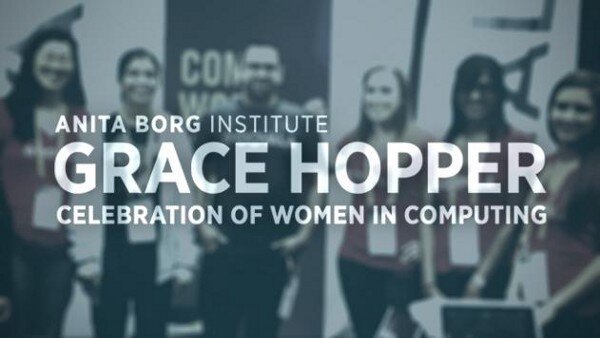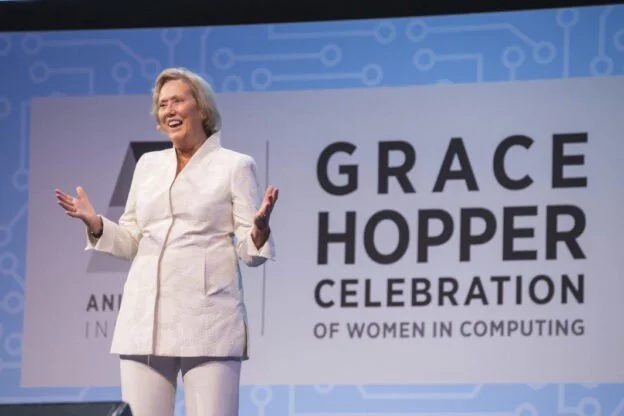Dr. Telle Whitney - The need for diversity
Dr. Whitney is a tech entrepreneur, a leader, and a recognized expert on diversity, and a true pioneer on the issue of women in technology. She was named one of Fast Company’s Most Influential Women in Technology for her contribution to technology and humanity.
Dr. Whitney served as CEO of the Anita Borg Institute from 2002 to September 2017, and co-founded the Grace Hopper Celebration of Women in Computing Conference along with Anita Borg in 1994. The first conference brought together 500 attendees including Frances Allen, Barbara Liskov, and Shafi Goldwasser - the three and only women who received the Turing Award in computing. By 2019, the conference has grown to over 26 thousand attendees before the coronavirus pandemic.
Dr. Whitney holds a Ph.D. and M.S. in Computer Science from the California Institute of Technology and a BS in Computer Science from the University of Utah. She has won numerous awards including the ACM distinguished service award and an honorary degree from CMU. She serves on multiple boards and advisory councils and frequently speaks on diversity topics. She is also the co-founder of the National Center for Women and Information Technology (NCWIT).
[Entire conversation] 40 min
Highlights from the conversation with Dr. Telle Whitney:
From Computer Science to Grace Hopper
Being one of the very few women in tech, it became a calling which eventually led her to cofound Grace Hopper Celebration of Women in Computing along with Dr. Anita Borg.
Diversity in tech is improving. But, still needs lots of work!
“Overall, in United States today, only about 20% of Computer Science graduates are women. “
Corporations understand the need for diversity. Why are they not doing it?
“Corporations understand diversity is important for 3 reasons: (1) bottomline, (2) customers, and (3) recruiting.” But, many CEOs are not making the needed investment to make an impact.
The meritocracy myth in Silicon Valley
We have a blindspot because we consciously or subconsciously choose people who look like us. It is difficult for the dominant group in any culture to recognize their entitlements.
The importance of network and people
“It’s not what you know. It’s not who you know. It’s who knows what you know.”
Advice to women (and men) in tech - Find your network!
Her network at Caltech and the Stanford’s Women Network in computing have helped her in many ways.
Networking with purpose
“Don’t network just for networking sake.”
More diversity still needed!
Even though there is much more focus on diversity in tech today, it has gotten worst. We need to do more!
Diversity has to start from the top.
Support from the top and holding people accountable is key.
Why diversity is important for AI?
Compassion makes for better leaders and better engineers.
Closing thoughts


